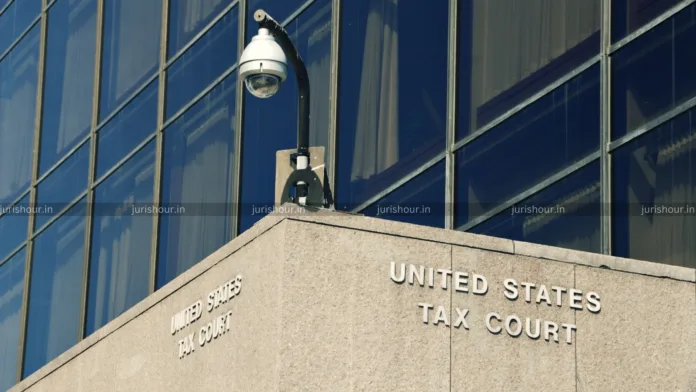The US Tax Court has imposed the fraud penalty for tax evasion on unreported income.
The bench of Justice Goeke has observed that he fraudulently failed to pay tax on the income. Fraud is established by showing that a “taxpayer intended to evade tax believed to be owing by conduct intended to conceal, mislead, or otherwise prevent the collection of such tax.”
During 2010 petitioner Matthew Hutcheson was a trustee and fiduciary of two retirement plans, G Fiduciary Retirement Income Security Plan (G Fid) and the Retirement Security Plan and Trust (RSPT). He diverted $5,307,688 from the plans for his personal benefit. He used G Fid’s plan assets mainly to pay personal expenses, including the purchase and extensive renovation of petitioners’ new home. He used RSPT’s plan assets in his efforts to acquire a resort and golf course. By 2011 the transfers were discovered.
Ultimately, Mr. Hutcheson was convicted of wire fraud and sentenced to over 17 years’ imprisonment.
The revenue commissioner determined that petitioners had unreported income equal to the amount that Mr. Hutcheson diverted from G Fid and RSPT plus an additional $10,825 in unreported income from other sources. On July 23, 2014, the commissioner issued a Notice of Deficiency to petitioners for 2010 determining a deficiency of $1,925,264, a section 6651(a)(1) addition to tax of $481,316 for failure to file a return timely, and a section 6663 fraud penalty against only Mr. Hutcheson of $1,443,674.
Alternatively, he determined a section 6662(a) accuracy-related penalty against both petitioners. In his Answer respondent decreased the deficiency to $1,842,904, the section 6663 fraud penalty to $1,381,904, and the section 6651(a)(1) addition to tax to $460,726.
The court held that the commissioner established by clear and convincing evidence that Mr. Hutcheson had $5,307,688 in unreported embezzlement income for 2010 and that he fraudulently failed to pay tax on the income. Fraud is established by showing that a “taxpayer intended to evade tax believed to be owing by conduct intended to conceal, mislead, or otherwise prevent the collection of such tax.”
Case Details
Case Title: Matthew D. Hutcheson And Annette Hutcheson V. Commissioner Of Internal Revenue
Case No.: Docket No. 24959-14
Date: 02/01/2025

